Warm Weather Sees Boom In UK Jellyfish Blooms
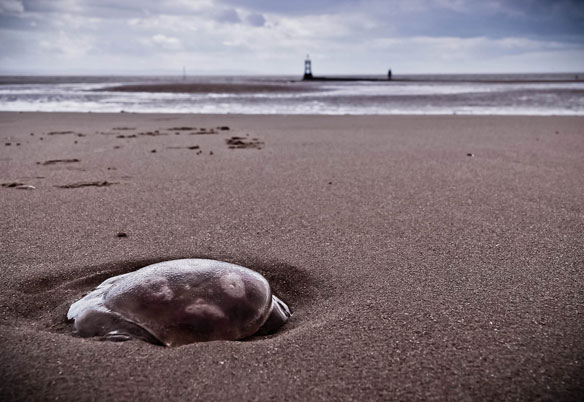
Researchers say that the recent spell of warm weather has seen a rapid increase in jellyfish blooms around Britain’s coasts.
Building a region of ocean defenders
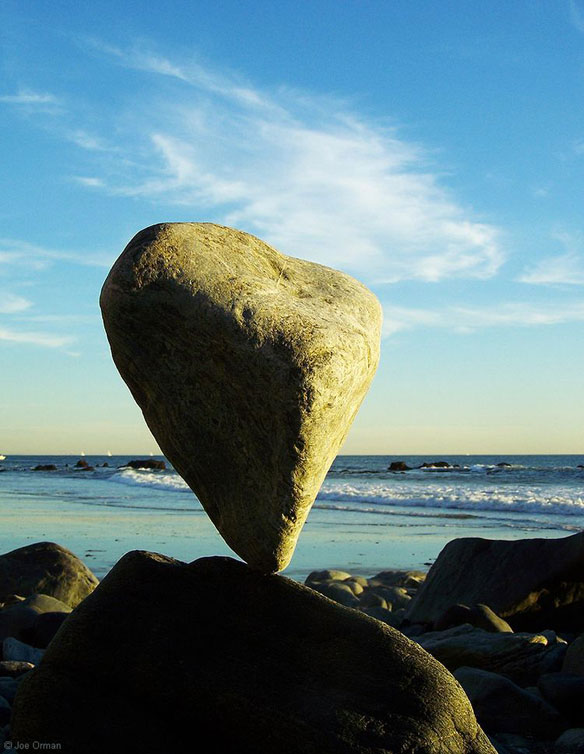
It is easy to recognise our deep connection with the oceans, which have sustained and fed our communities for centuries, and undoubtedly many of us share a feeling of longing and awe when we gaze at the beauty of our seas. But it’s also tragic that we can emotionally distance ourselves from the ocean and the great perils it is facing.
European Fish Stocks Poised for Recovery
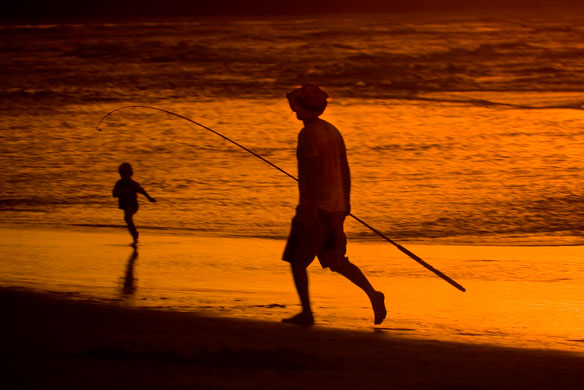
The results of a major international effort to assess the status of dozens of European fish stocks find that many of those stocks in the northeast Atlantic are being fished sustainably today and that, given time, those populations should continue to recover.
80 Percent of Malaysian Borneo Degraded by Logging
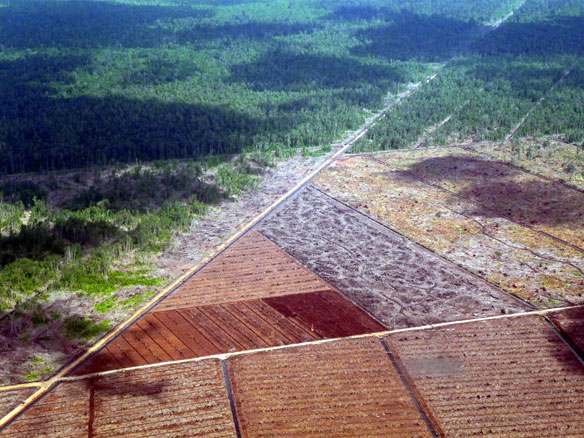
A study published in the July 17, issue of the journal PLOS ONE found that more than 80% of tropical forests in Malaysian Borneo, across areas that were considered some of Earth’s wildest lands less than 30 years ago, have been heavily impacted by logging.
Crustacean Sand-Dwellers Suffering Localized Extinctions
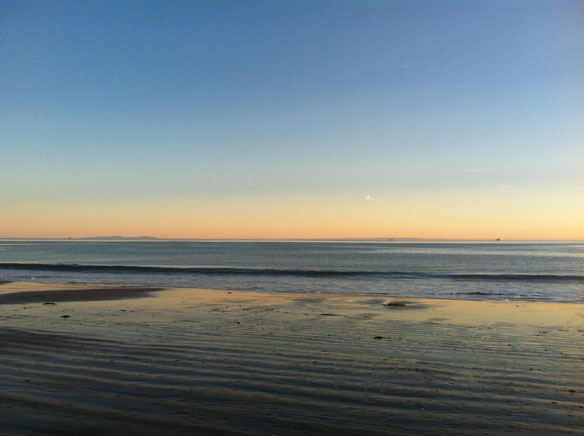
Two types of small beach critters, both cousins of the beloved, backyard roly-poly, are suffering localized extinctions in Southern California at an alarming rate, says a new study by UC Santa Barbara scientists.
No Deal On Huge Antarctic Marine Reserves
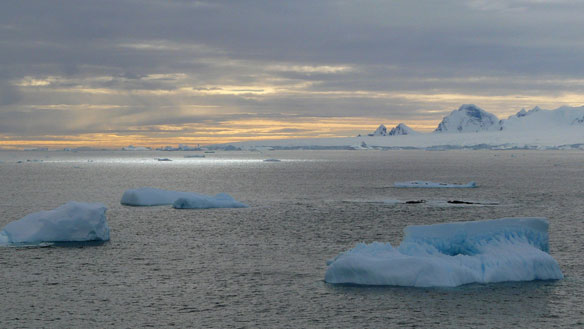
International talks on establishing huge marine reserves in Antarctica have failed to reach a consensus.
Best Opportunity For the Creation of World’s Largest Marine Reserves
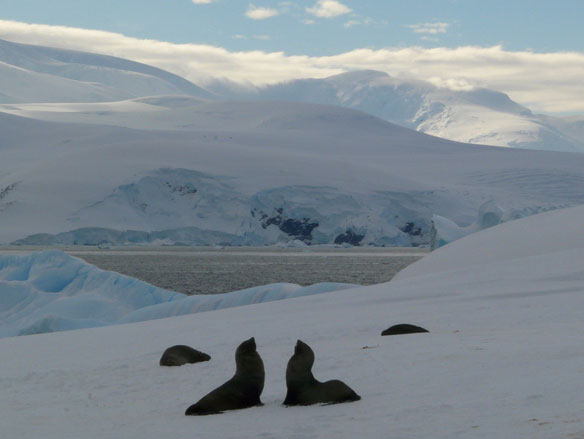
The Ross Sea proposal (being put forward by the USA and New Zealand) and the East Antarctica proposal (developed by Australia and France) are highly significant. If agreed they would constitute two major stepping stones towards achieving a circumpolar network of protected areas.
In The Caribbean, Push to Create No-Take Marine Reserves
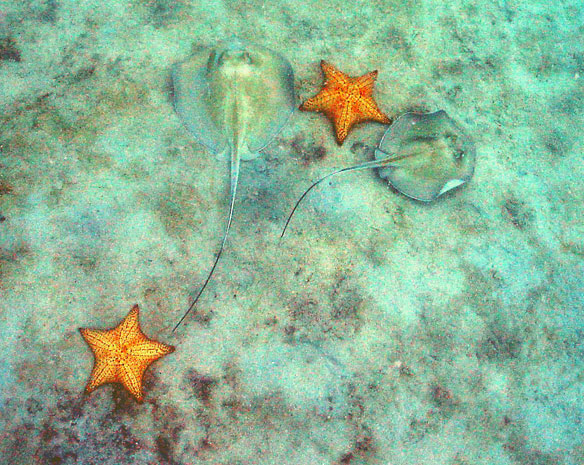
Across the Caribbean, governments and fishing communities are beginning to use such “no-take” zones to help rebuild severely depleted fish stocks and make coastal ecosystems more resilient to a warming planet and acidifying oceans.
In Mekong Delta, Rice Boom Has Steep Environmental Cost
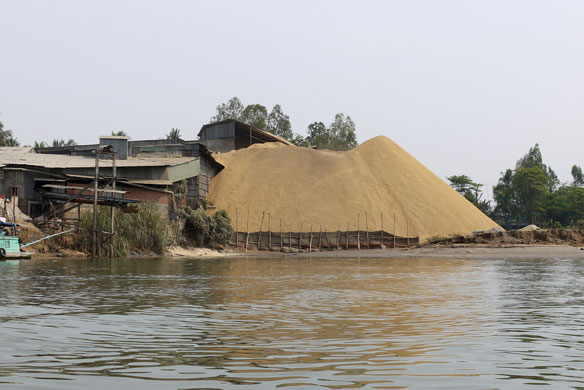
Vietnam has become one of the world’s leading rice producers, thanks to the construction of an elaborate network of dikes and irrigation canals. But these extensive infrastructure projects across the Mekong Delta and along the country’s South China Sea coastline, has disrupted the river delta’s complex ecological systems.
